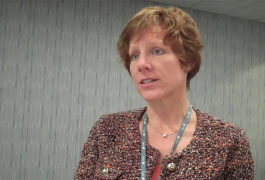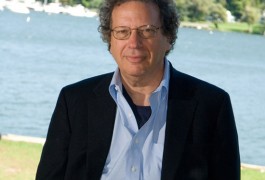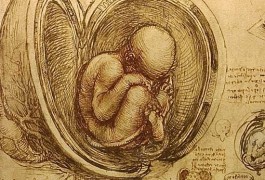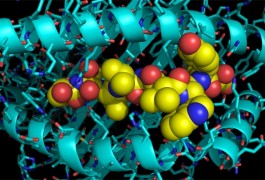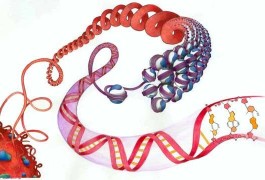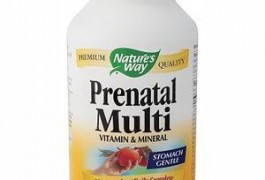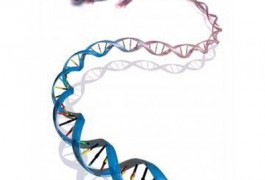Video: “Bad” autism animal models
Tracy Bale, associate professor of neuroscience at the University of Pennsylvania, talks about what she calls her “big soapbox issue”: the fallacious idea of a true animal model for a human psychiatric disease — and the pitfalls of over-interpreting rodent behavior.







